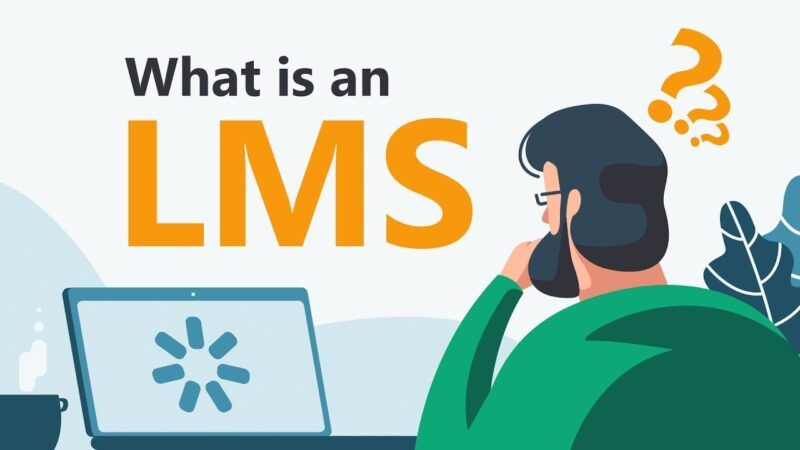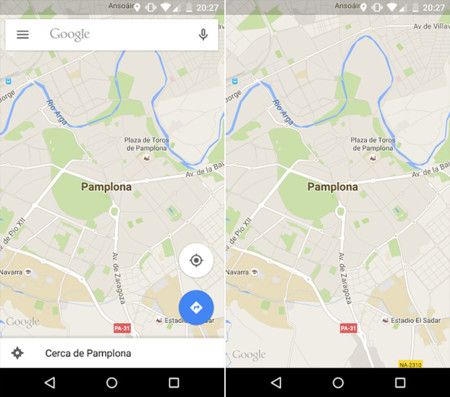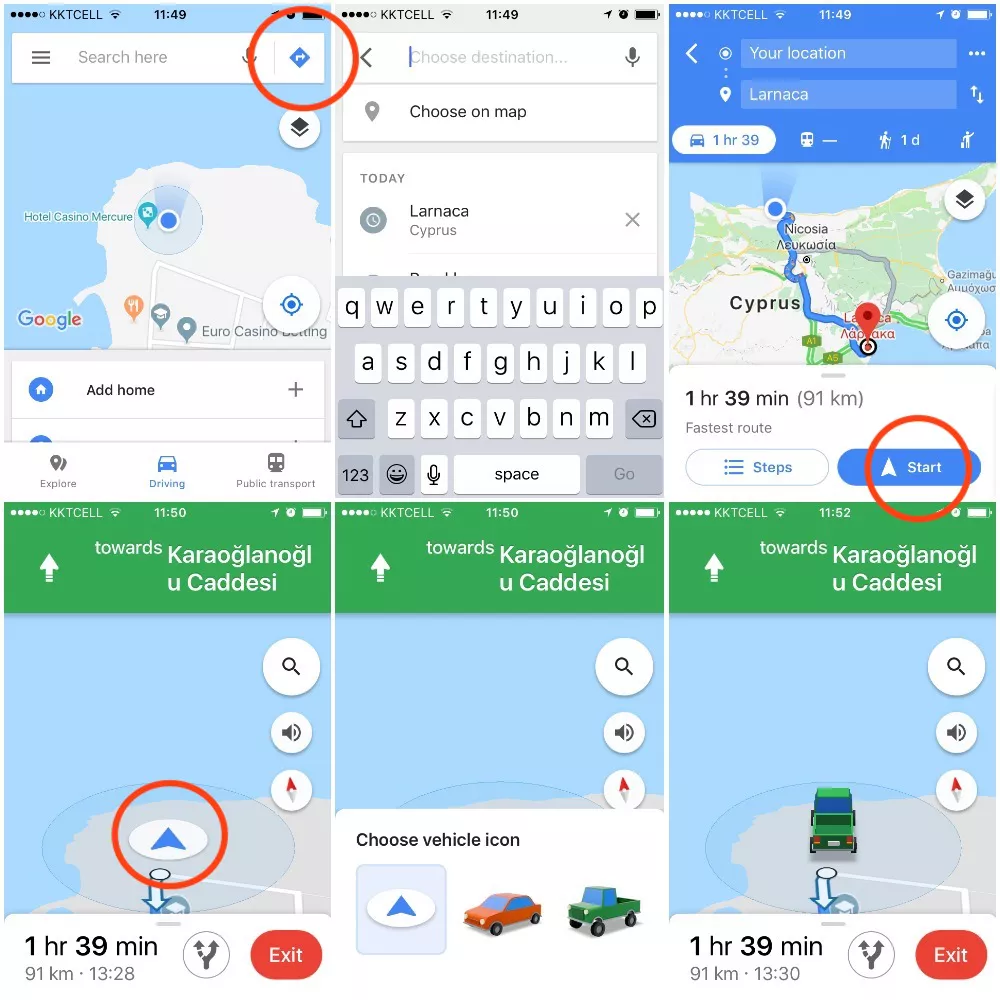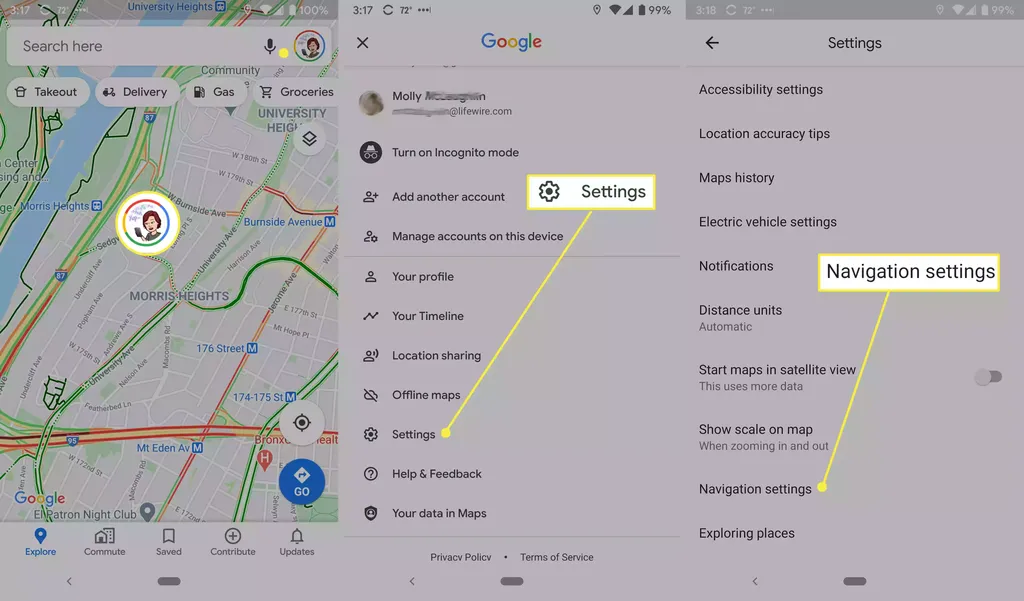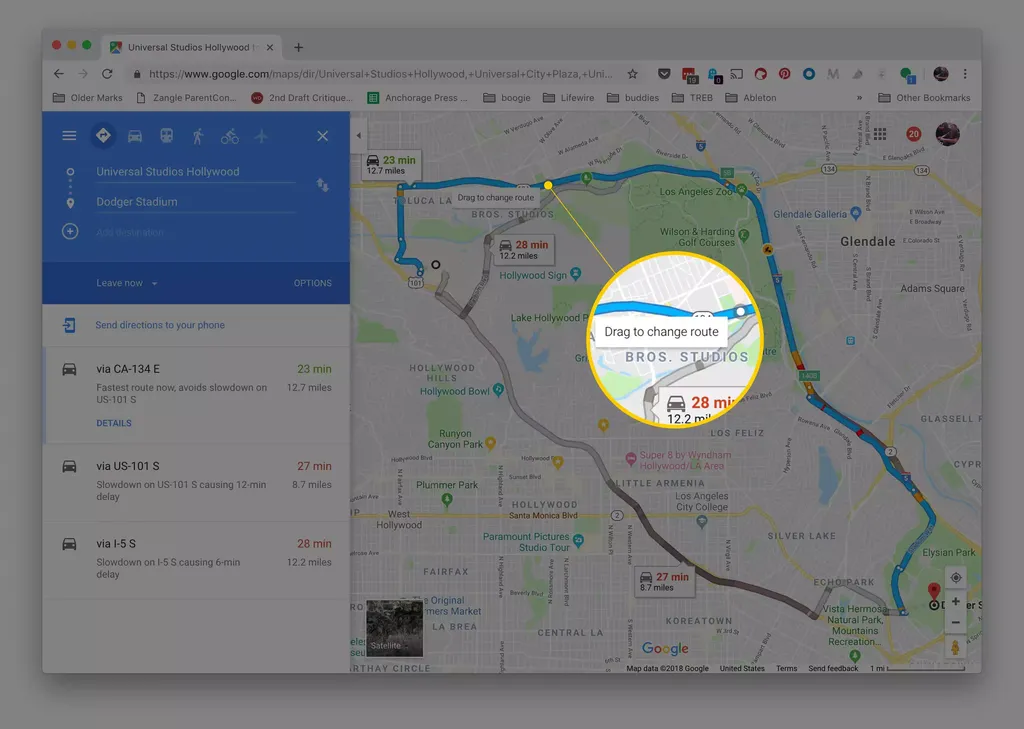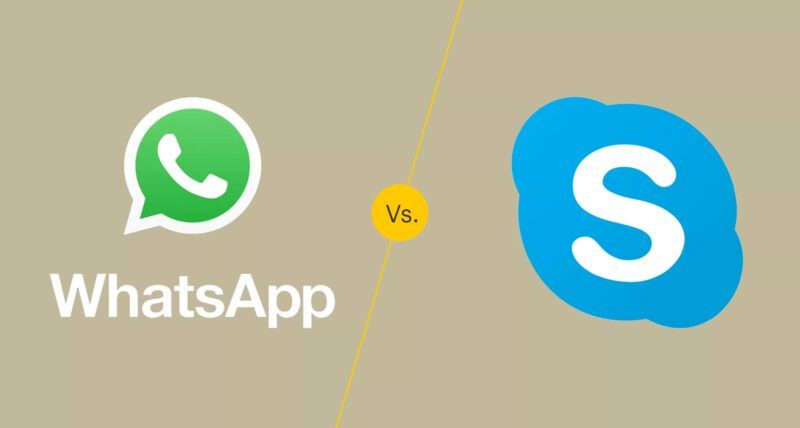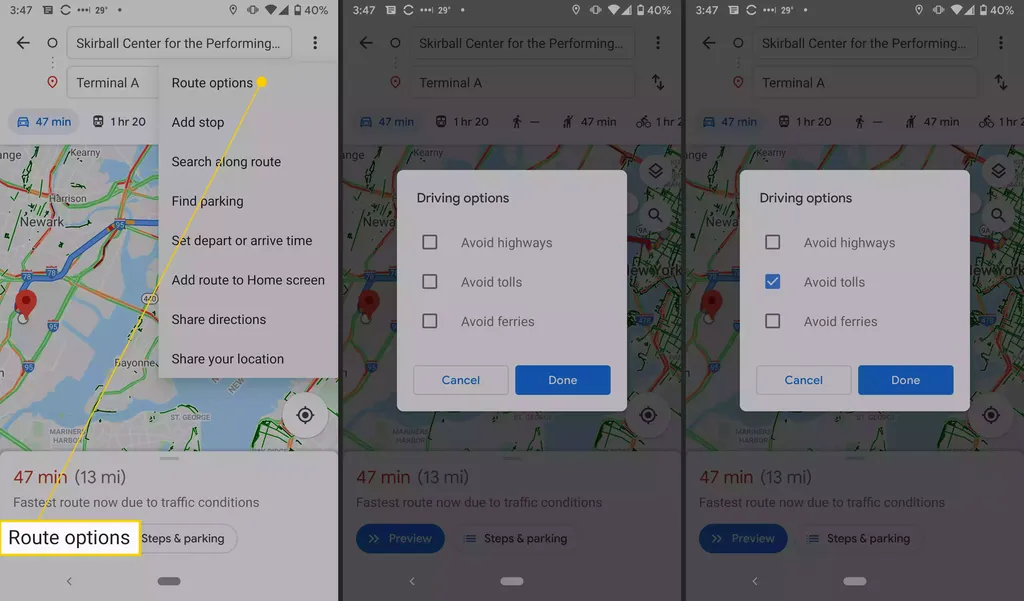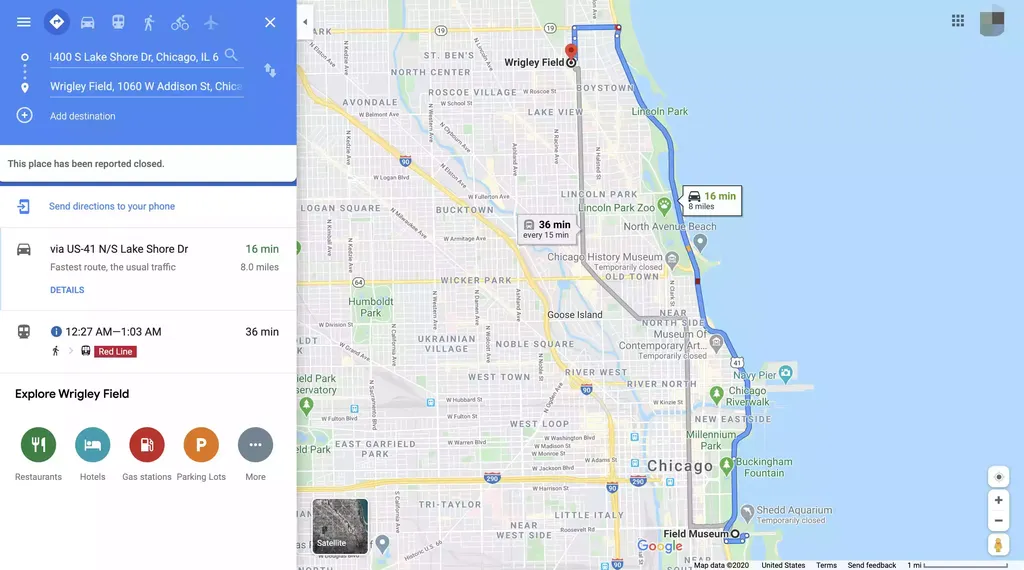¿Qué son oraciones afirmativas negativas e interrogativas en inglés?
Las oraciones afirmativas en inglés son declaraciones positivas, esto es, que aseguran o confirman algo. Verbigracia: She studied a lot for the exam. Las oraciones negativas en inglés son proposiciones gramaticales que, a través de la negación del verbo, adverbio o substantivo, se oponen a una idea o bien afirmación.
- ¿Qué son oraciones afirmativas o interrogativas?:
Las oraciones afirmativas enuncian una acción o bien un hecho. Están conformadas por un sujeto, un verbo y un complemento. El verbo y el plugin forman el predicado. En español, el sujeto suele ir al comienzo de la plegaria, pero este mismo orden puede modificarse en ciertas circunstancias.
¿Cómo hacer oraciones negativas e interrogativas en inglés?
Preguntas negativas en tiempos fáciles
- Con contracción: Labren’t/Weren’t you tired? 14 ¿No estás/estabas fatigada? Don’t you like chocolate? 14 ¿No te gusta el chocolate? Didn’t you leave early?
- Sin contracción: Are you not tired? 14 ¿No estás agotada? Do you not like chocolate? 14 ¿No te agrada el chocolate?
- ¿Cómo se forman las oraciones afirmativas negativas e interrogativas en inglés?:
Cómo es la estructura del present fácil como para constituir oraciones
Asertiva Sujeto + verbo + plugin Negativa Sujeto + socorrer do/does not + verbo + plugin Interrogativa Auxiliar do/does + sujeto + verbo + complemento
¿Cómo hacer 10 oraciones afirmativas en inglés?
Ejemplos de oraciones afirmativas en inglés y español
- My brother is singing a new song.
- The teacher went to the zoo yesterday.
- You should go to the dentist.
- I will go to Manhattan next week.
- She is going to visit her parents a couple of weeks.
- I am reading a new book about Africa.
- ¿Cómo hacer 10 oraciones interrogativas en inglés?:
Ejemplos de oraciones interrogativas en inglés
- Are you sure they live here?
- When did Lisa arrive?
- What do you think about the new president?
- Would you like to travel to New Zealand?
- Have you watched the movie I was talking about?
- How many pupils are there in your class?
- Would you mind opening that window?
- ¿Cómo hacer 10 oraciones afirmativas?:
Plegarias afirmativas
- El micro va a salir ya antes de que se lleve a cabo de día.
- ‘Finalmente, mi prima consiguió el trabajo.
- En el año 2050 la demanda de agua se va a haber triplicado.
- La ciudad de Brinca es la más linda que he atavío.
- El presidente podría renunciar si no encuentra apoyo en su gabinete.
¿Cómo se forman oraciones negativas e interrogativas?
Las oraciones interrogativas en negativo comienzan o bien acaban con la palabra «no» y acostumbran a usarse para solicitar información en constituye deferente o hacer sugerencias. Por ejemplo: ¿No desean tomar asiento? / Hay que doblar hacia la derecha, ¿no?
- ¿Cómo se forman las oraciones negativas e interrogativas en presente simple?:
Do/does + sujeto + not + verbo? Don’t/doesn’t + sujeto + verbo? Do I play…?
¿Cómo se hacen las oraciones negativas en inglés?
La constituye negativa se construye de manera diferente dependiendo si el verbo es un socorrer (be, have, will, can…) o bien si es un verbo soez. Si el verbo es un socorrer, la negación se construye con not (o bien con la contracción -n’t) y sin el auxiliar ‘do/does/did’: She cannot know the truth.
¿Cómo se forman las oraciones afirmativas negativas e interrogativas en inglés con el verbo to be?
verbo to be+sujeto+complemento+?
El VERBO TO BE EN FORMA AFIRMATIVA, NEGATIVA E INTERROGATIVA.
El VERBO TO BE EN FORMA AFIRMATIVA, NEGATIVA E INTERROGATIVA.
| Asertivas | Negativas | Interrogativas |
|---|---|---|
| It is a pen | It is not a pen | Is it a pen? |
| They are in New York | They are not in New York | Are they in New York? |
| We are students | We are not students | Are we students? |
- ¿Cómo se forman las oraciones afirmativas negativas e interrogativas con el verbo to be?:
El VERBO TO BE EN FORMA AFIRMATIVA, NEGATIVA E INTERROGATIVA
Afirmativas Negativas Interrogativas He is a Doctor He is not a doctor Is he a a doctor? She is a teacher She is not a teacher Is she a teacher? It is a pen It is not a pen Is it a pen? They are in New York They are not in New York Are they in New York?
¿Cómo se forman las oraciones afirmativas con el verbo to be?
Si tienes dudas acerca de la conjugación del verbo to be afirmativo, te contamos que adopta tres formas: is, are, am que van a acompañar a los pronombres muy personales del inglés: I con am; he, she, it con is, y we, you, they con are.
- ¿Cómo se forman las oraciones negativas con el verbo to be?:
Aquí te permitimos oraciones con el verbo to be en presente negativo:
- Am en presente simple negativo. I am not very tall. I’m not very tall. (No soy muy alto).
- Is en presente fácil negativo. He is not my brother. He isn’t my brother.
- Are en presente fácil negativo. They are not at school. They aren’t at school.
¿Cómo se hacen las oraciones afirmativas en inglés ejemplos?
La fórmula básica para este mismo género de plegaria sería: Sujeto + Verbo + Complemento.
Veamos en ciertos ejemplos de oraciones en presente fácil afirmativo :
Veamos en ciertos ejemplos de oraciones en presente fácil afirmativo :
- I go to class twice a week.
- She reads the newspaper every day.
- Mr. Green works with my uncle.
¿Cómo redactar 10 oraciones en inglés?
Ejemplos de oraciones en inglés
- I hate this film; it’s very boring. (
- Outfit at the stars! (
- Do you want to prepare the dessert? (
- I have to study a lot today. (
- Would you like some water? (
- I didn’t know you were here! (
- You can’t go to the party because you didn’t study. (
- I want a new bike for my birthday. (




